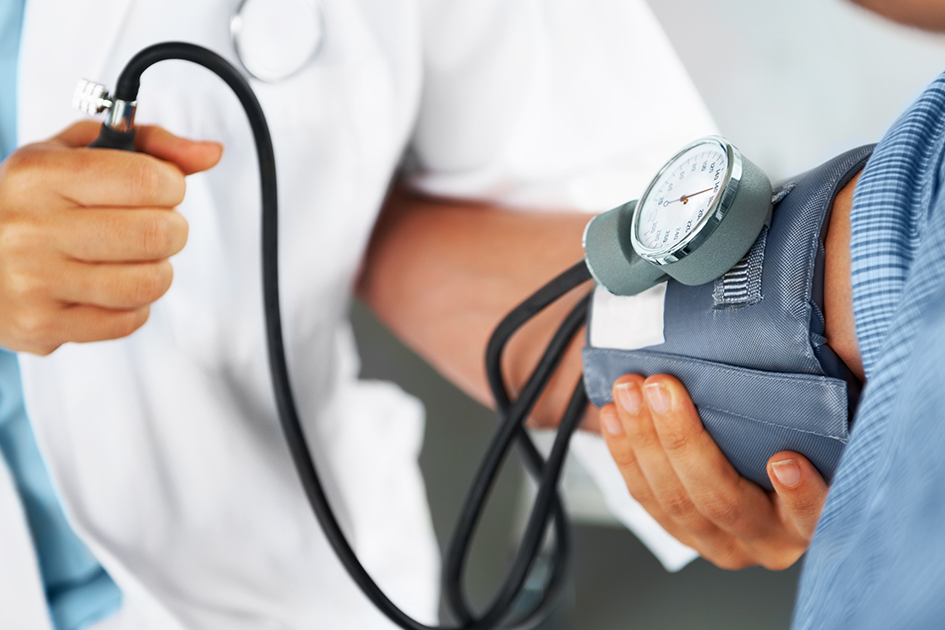Exercise Treadmill Test
An exercise treadmill test, also known as a stress test, is used to determine how the heart responds to physical exercise.
What is an exercise treadmill test?
An exercise treadmill test is performed to evaluate the risk of having heart disease or a heart rate or rhythm problem. This test is performed on an exercise treadmill or bicycle and usually only involves individuals seven years of age and older. An exercise treadmill or bicycle can help your doctor determine how much stress the heart can manage before an abnormal rhythm begins or blood flow to the heart muscle declines. Patients will walk or bike while connected to an electrocardiogram (ECG or EKG) machine via electrodes (small plastic stickers placed on the body). Patients may also be asked to wear a mask over their mouth and a small clamp on their nose to help monitor their oxygen consumption.
Why is an exercise treadmill test performed?
An exercise treadmill tests measure heart rate and rhythm, blood pressure, and a patient’s overall health and fitness.
An exercise treadmill test can help your doctor:
- Assess symptoms the patient may be experiencing, such as chest pain, shortness of breath, or palpitations
- Determine if enough blood is flowing to the patient's heart as their activity level increases
- Determine if there are potential heart defects that may require additional testing
- Evaluate the heartbeat response to medication
- Evaluate how well the heart valves are working
- Identify abnormal heart rhythms
What can I expect during an exercise treadmill test?
An exercise treadmill test takes approximately one hour, including patient check-in and preparation. A hospital stay is not necessary unless your doctor determines their condition requires further observation or hospital admission. The patient may feel a little tired or sore for a few hours after the procedure, particularly if they are not accustomed to exercising. Otherwise, the patient should feel normal and be able to return to normal activities within a few hours.
You can expect the following to occur during the exercise treadmill test:
- A blood pressure cuff to be placed around the patient’s arm to monitor blood pressure
- Electrodes (small plastic stickers) to be placed on the patient's chest, arms, and legs
- Electrodes to be connected to the ECG/EKG machine by lead wires, through which the electrical activity of the patient's heart is measured, interpreted, and printed out
- Resistance and speed to be varied in order to create a more or less rigorous workout
- The patient to begin exercising on an exercise treadmill or bike
- The patient to continue exercising until they have reached a target heart rate or are unable to continue due to chest pain, fatigue, irregular heart rhythms, shortness of breath, chest pain, or other debilitating symptoms
Care Team Approach
Patients are cared for by a dedicated multidisciplinary care team, meaning the patient will benefit from the expertise of multiple specialists across a variety of disciplines. Our board-certified and fellowship-trained heart surgeons have extensive experience treating patients with heart disease and vascular disorders and work alongside a team of cardiac experts, including cardiologists, interventional cardiologists, electrophysiologists, critical care specialists, hospitalists, anesthesiologists, perfusionists, nurses, advanced practice providers, social workers, psychologists, child life specialists, dietitians, physical and occupational therapists, pharmacists, and more, providing unparalleled care for patients every step of the way. We collaborate with our colleagues at the Dell Medical School and The University of Texas at Austin to utilize the latest research, diagnostic, and treatment techniques, allowing us to identify new therapies to improve treatment outcomes. We are committed to communicating and coordinating the patient’s care with referring physicians and other partners in the community to ensure that we are providing comprehensive, whole-person care.
Learn More About Your Care Team

Texas Center for Pediatric and Congenital Heart Disease
Dell Children's Specialty Pavilion
4910 Mueller Blvd., Austin, Texas 78723
1-855-324-0091
Get Directions

Institute for Cardiovascular Health
Ascension Seton Medical Center - Main
1201 W. 38th St., Austin, TX 78705
1-512-324-3028
Get Directions